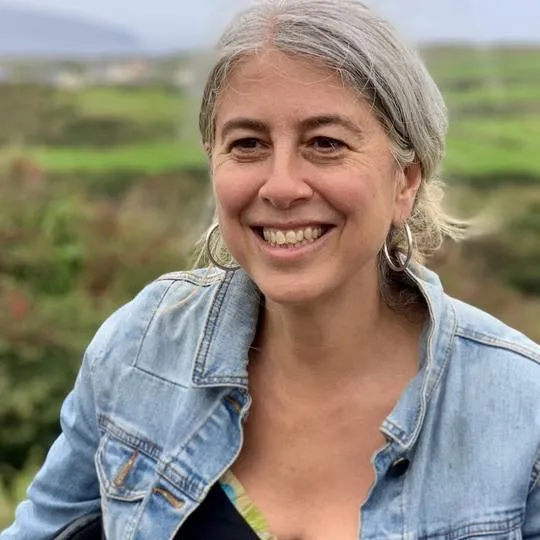01 July 2019
Tackling inequalities in advice on post-school destinations
School of Education, Communication and Society
Dr Nuala Burgess has been awarded a year’s fellowship by the Economic and Social Research Council to work on a project aiming to improve the quality of support for all school sixth formers when making their decisions about their post-school destinations

Dr Nuala Burgess has been awarded a year’s fellowship by the Economic and Social Research Council, and will be based at the School of Education, Communication and Society at King's College London.
Nuala will work on a project which aims to improve the quality of support for all school sixth formers when making their decisions about their post-school destinations, whether that choice is university, technical or vocational education, or employment.
She studied for her ESRC-funded doctorate at King’s, under Professor Sharon Gewirtz, and the findings of her doctorate will inform her fellowship research. Nuala’s study of three school sixth forms found that some students were being systematically disadvantaged in the levels of support they received when choosing their post-school destinations. The group comprised moderately attaining sixth formers - students predicted Bs and Cs rather than A/A*s in their A levels, and who typically aspired to non-Russell Group universities.
Nuala explains:
‘I found that school sixth forms invested disproportionately in high attainers. This was due firstly to a shift in higher education policy from widening participation to fair access to ‘elite’ universities and, secondly, the value that high attaining students and their university destinations brought to their schools in a competitive 6th form market.
‘Moderate attainers were marginalised in several ways; specifically, they had limited subject choices; a lack of support for UCAS applications, especially personal statements, and lack of careers advice and high-quality work experience. This particularly disadvantaged those seeking alternatives to university.’
The levels of support given to differently attaining school sixth formers for their UCAS applications or when choosing alternatives to university has received little research interest.
A key aim of Nuala’s fellowship is the creation of a School Sixth Form Policy Network to include academics, MPs and members of policy think tanks. The Network, together with sixth form stakeholders, educational campaigners and university admissions personnel, will play a role in co-generating policy proposals to ensure high quality advice and guidance is available to all school sixth formers, whether they aspire to university or an alternative.
Nuala will bring her skills in educational research and policy campaign work to the School and her research. In November 2018, she replaced writer, campaigner and journalist Melissa Benn as Chair of Comprehensive Future. Formed in 2003, this cross-party organisation campaigns to end the 11-plus, phasing out all selective education, and for fair access to local comprehensive schools for all children.
Of her appointment Nuala said:
‘I was very proud to be elected the Chair of Comprehensive Future, and excited about the work it involves. Our education system is in deep crisis; not since the campaigning work of Caroline Benn have the arguments for comprehensive schooling been more necessary.’
By the end of her fellowship, Nuala hopes that the School Sixth Form Network will have started to engage in fruitful dialogue with senior policy makers and politicians, and to have secured the necessary support to ensure the Network and its work continues beyond the lifetime of the fellowship.

